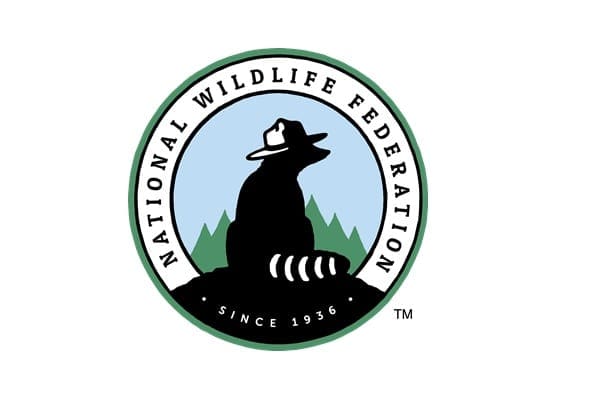Tribal Wildlife Corridors Act Bolsters Wildlife Conservation on Tribal Lands

Wildlife corridors are essential to maintaining healthy wildlife populations, allowing animals to migrate and move safely through the United States. A new bill, the Tribal Wildlife Corridors Act, introduced by Representative Gallego (D-Ariz.) and Senator Luján (D-N.M.) will fund critical wildlife migration pathways on tribal lands, ensuring tribes have resources to implement conservation measures that protect fish and wildlife and boost biodiversity.
“Wildlife do not recognize the jurisdictional boundaries between tribal, federal, state and private lands,” explained Elveda Martinez, president of the Native American Fish and Wildlife Society. “The Tribal Wildlife Corridors Act not only acknowledges tribal sovereignty and the wildlife conservation expertise of tribes, but will also encourage cross-jurisdictional collaboration to ensure the health and movement of wildlife populations.”
“There has been a historic lack of equity in natural resource conservation funding for tribes, even though tribes manage millions of acres of wildlife habitat,” said Garrit Voggesser, tribal partnerships director for the National Wildlife Federation. “Representative Gallego and Senator Luján’s leadership in introducing the Tribal Wildlife Corridors Act is an important step to recognizing the significant role tribes play in protecting wildlife and providing much needed resources to bolster their conservation efforts.”
“In providing essential resources to Native Tribes to enhance wildlife connectivity and support habitat restoration, this important legislation also benefits public land users by encouraging cross-jurisdictional collaboration between Tribes, states and federal agencies so as to ensure an ecosystem-wide approach to management of big-game and critical wildlife habitat,” said Andrew Black, public lands field director for the National Wildlife Federation.
Wildlife move both daily and seasonally to survive. However, the habitats animals rely on continue to be fragmented by both man-made infrastructure and the consequences of climate change, exacerbated by lack of adequate and equitable funding for wildlife conservation on tribal lands. As a result, animals are struggling more than ever to reach food, water, shelter and breeding sites. Investments in wildlife migration corridors will allow wildlife to disperse throughout the country and ensure species are better able to adapt to our changing climate.
Visit the National Wildlife Federation Media Center at NWF.org/News.
The National Wildlife Federation is America’s largest conservation organization uniting all Americans to ensure wildlife thrive in a rapidly-changing world. Follow us on Facebook, Twitter, and Instagram.
